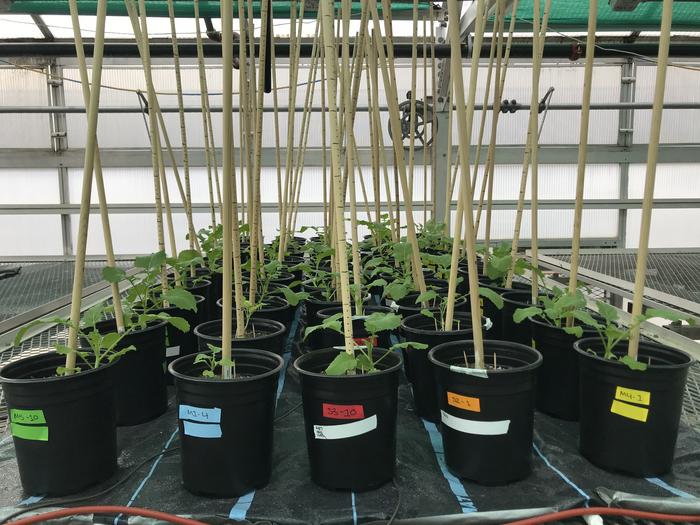Research reveals the surprising impact of soil microbes on flavor.
Flavor and terroir are paramount to enthusiasts of both bourbon and wine, as these elements deeply influence the sensory experience and appreciation of each beverage. For wine aficionados, terroir is a sacred concept that reflects the geography, geology and climate of a vineyard, encapsulating how these elements impart unique flavors and aromas that are expressed in the wine. Similarly, bourbon drinkers value the flavor profile that derives from specific ingredients and aging processes, which are also influenced by environmental factors like local water sources and climate conditions impacting the aging barrels.
For both beverages, these nuances not only enhance the enjoyment but also elevate the discussion and pursuit of the finest expressions of each drink. Wine aficionados often have specific tastes: some savor the sweet notes of chocolate in an Argentine Malbec, while others are captivated by the spicy, fruity nuances of a Cabernet Sauvignon from Napa Valley.
But could the microbes in the soil also influence taste? A recent University of Colorado Boulder study looked to mustard for answers.
Corrine Walsh, data scientist for the Soil Carbon Solutions Center at Colorado State University received her Ph.D. from the Cooperative Institute for Research in Environmental Sciences (CIRES) at the University of Colorado Boulder. She and CIRES Fellow Noah Fierer, explored whether soil microorganisms like bacteria and fungi could affect the flavor of crops, focusing specifically on the spiciness of mustard seeds. Their work was recently published in the international journal New Phytologist.
“I thought that was an interesting question,” Walsh commented in a CIRES news release. “We know microbes and plants communicate via chemicals—could those chemicals impact plant flavor?”
Previous studies have shown that soil properties affect plant traits such as growth, seasonal cycles, disease resistance, and nutrient uptake. However, it remains unclear whether soil microbes can alter a plant’s flavor. This area of research is challenging; previous attempts have involved analyzing plants grown across different locations and regions, complicating the isolation of microbial effects.
“It is often claimed that the types of microbes found in soil should influence crop flavor,” Fierer noted. “We set out to test this claim, but it wasn’t easy—soil microbes are tough to study.”
Walsh and Fierer employed a novel method in their research. They conducted a greenhouse experiment where they grew mustard plants inoculated with a microbial mixture from various Colorado soils—taken from aspen groves, sagebrush fields, ponderosa pine forests and agricultural pastures. The experimental conditions—potting soil, temperature, watering and nutrients—were controlled to ensure that only the microbial variables were altered.
Mustard is a member of the Brassica family, which includes broccoli, cabbage, and horseradish. Researchers chose it for its ease of cultivation and its naturally spicy and bitter flavors derived from glucosinolates. These chemicals not only impart flavor but also serve as plant defenses against pests.
“When you cook them they have that kind of sulfury smell,” Walsh explained. “The glucosinolates have a sulfur compound in them, and that’s what you’re smelling when you cook.”
The researchers didn’t rely on taste tests to measure spiciness but instead quantified the glucosinolate levels in the mustard seeds to assess the presence of flavor chemicals.
However, controlling biological variables proved challenging. “The way the microbiomes diverged over time throughout the experiment made it hard to test some of our hypotheses of microbes affecting flavor,” Walsh admitted. “We found a relationship between the microbiome and seed chemistry, but the direction and mechanism of that relationship remain unknown.”
Ultimately, the study provided preliminary evidence that microbes might influence the spiciness of mustard, though the exact mechanisms are yet to be determined. Nonetheless, this research contributes significantly to our understanding of how soil microbes may affect plant properties.
“We do now know that microbes are worth considering in this venue,” Walsh concluded. “There is excitement about using microbial inoculants (‘probiotics’) to do other things for crops, like protect against drought or increase productivity. Maybe those products are impacting flavor as well.”










